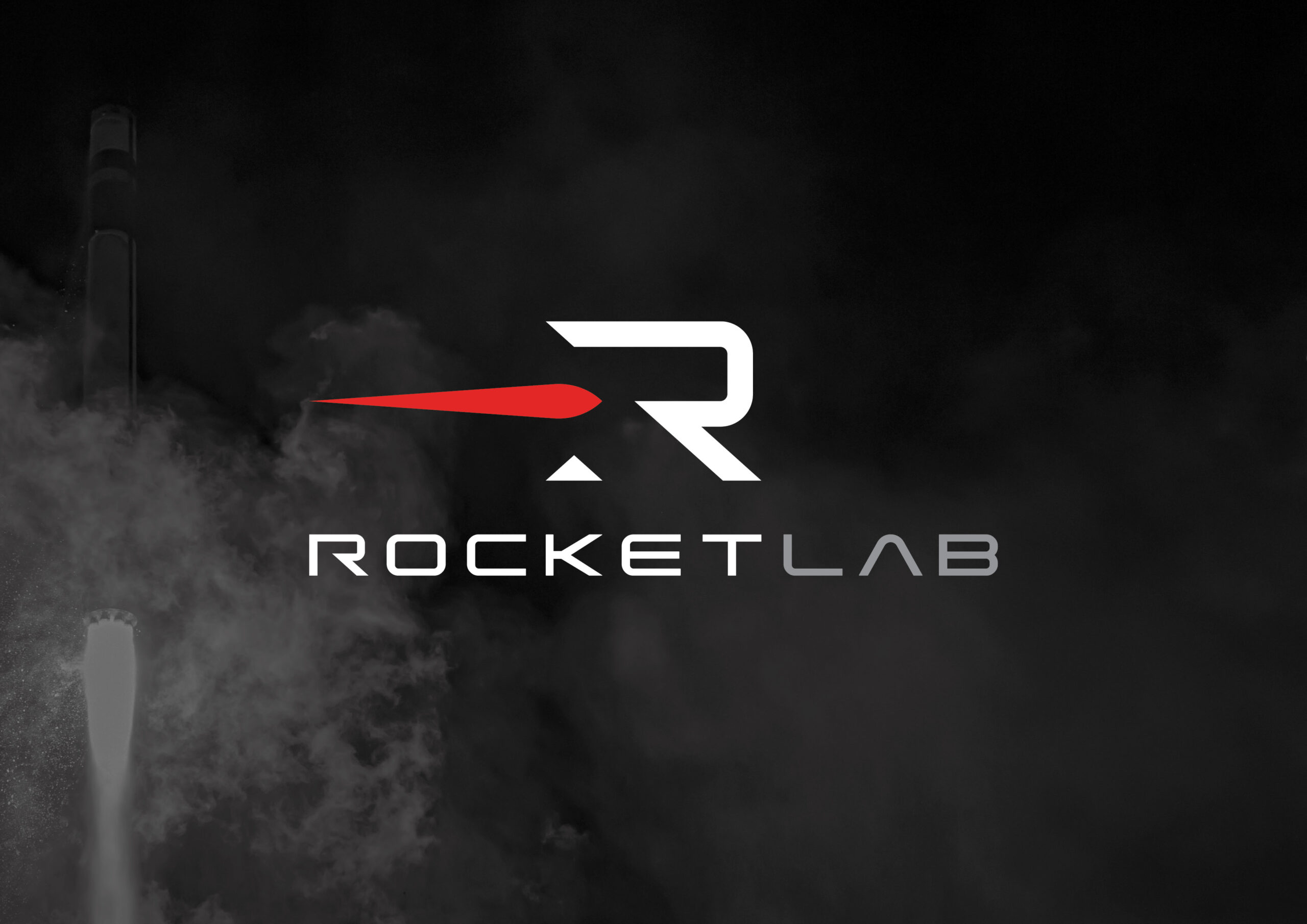Rocket Lab to Launch Multiple Satellites as Part of Upcoming Recovery Mission

Rocket Lab USA, Inc. (Nasdaq: RKLB) (“Rocket Lab” or “the Company”), a global leader in launch services and space systems, today announced its next Electron mission will deploy seven satellites to space and include an attempt to recover the rocket’s booster after launch.
The ‘Baby Come Back’ mission, Rocket Lab’s 39th Electron launch, is scheduled to deploy from Pad A at Rocket Lab Launch Complex 1 in Mahia, New Zealand during a launch window that opens July 14, 2023 UTC.
Rocket Lab is also planning to conduct a marine recovery of Electron’s first stage as part of this mission. Rocket Lab’s recovery team will retrieve Electron using a customized vessel and transport the stage back to Rocket Lab’s production complex for analysis. Data from this recovered stage will inform Rocket Lab’s ongoing recovery and reuse program.
The ‘Baby Come Back’ mission is a rideshare mission and will carry satellites for multiple customers.
“This mission demonstrates Rocket Lab’s ability to provide responsive space capabilities on accelerated timelines by making access to space possible for customers when they run into roadblocks,” said Rocket Lab Founder & CEO Peter Beck. “Electron is the world’s most reliable small launch vehicle and is demonstrating it can deliver customer’s payloads on their schedule.”
Payloads aboard the ‘Baby Come Back’ mission include:
NASA: NASA’s Starling mission is a four CubeSat mission designed to test technologies to enable future “swarm” missions. Spacecraft swarms refer to multiple spacecraft autonomously coordinating their activities to achieve certain goals. Starling will demonstrate technologies for in-space network communications, onboard relative navigation between spacecraft, autonomous maneuver planning and execution, and distributed spacecraft autonomy – an experiment for small spacecraft to autonomously react to observations, paving the way for future science missions.
Space Flight Laboratory (SFL): Space Flight Laboratory (SFL) selected Rocket Lab to launch Telesat’s LEO 3 demonstration satellite that will provide continuity for customer and ecosystem vendor testing campaigns following the decommissioning of Telesat’s Phase 1 LEO satellite.
Spire Global: Spire will launch two 3U satellites carrying Global Navigation Satellite System Radio Occultation (GNSS-RO) payloads to replenish its fully deployed constellation of more than 100 multipurpose satellites. Spire’s satellites observe the Earth in real time using radio frequency technology. The data acquired by Spire’s GNSS-RO payloads provide global weather intelligence that can be assimilated into weather models to improve the accuracy of forecasts. Spire is the largest producer of GNSS-RO weather data, collecting over 20,000 RO profiles a day.
- About Rocket Lab
Founded in 2006, Rocket Lab is an end-to-end space company with an established track record of mission success. We deliver reliable launch services, satellite manufacture, spacecraft components, and on-orbit management solutions that make it faster, easier and more affordable to access space. Headquartered in Long Beach, California, Rocket Lab designs and manufactures the Electron small orbital launch vehicle, the Photon satellite platform and the Company is developing the large Neutron launch vehicle for constellation deployment. Since its first orbital launch in January 2018, Rocket Lab’s Electron launch vehicle has become the second most frequently launched U.S. rocket annually and has delivered 163 satellites to orbit for private and public sector organizations, enabling operations in national security, scientific research, space debris mitigation, Earth observation, climate monitoring, and communications. Rocket Lab’s Photon spacecraft platform has been selected to support NASA missions to the Moon and Mars, as well as the first private commercial mission to Venus. Rocket Lab has three launch pads at two launch sites, including two launch pads at a private orbital launch site located in New Zealand and a third launch pad in Virginia. To learn more, visit www.rocketlabusa.com.









